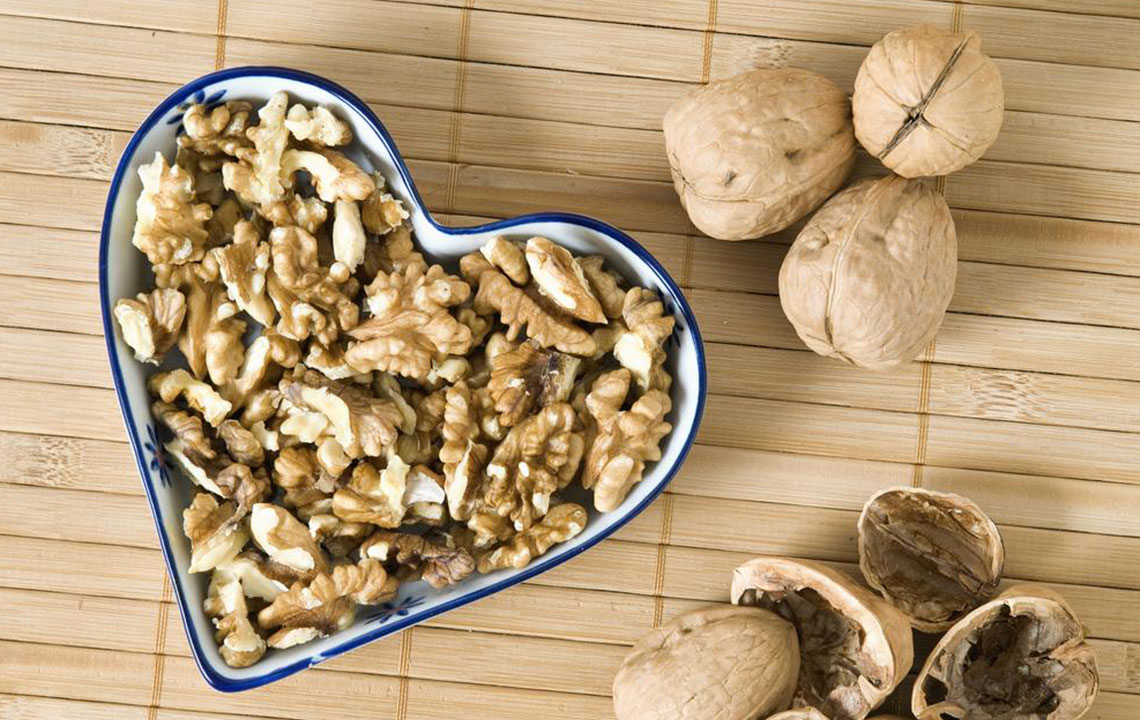Comprehensive Natural Strategies and Dietary Tips for Managing Atrial Fibrillation
Learn comprehensive natural strategies and dietary recommendations to effectively manage atrial fibrillation. This article covers stress reduction techniques, exercise, sleep hygiene, herbal remedies, and heart-healthy foods to improve heart rhythm, reduce episodes, and promote cardiovascular wellness. Combining lifestyle adjustments with medical treatment offers a holistic approach for better AFib management, enhancing overall health and quality of life.

Holistic Approaches and Nutritional Guidance for Effective Atrial Fibrillation Management
Atrial fibrillation (AFib) is a common cardiac condition characterized by an irregular and often rapid heartbeat. While pharmacological treatments and medical interventions play a crucial role in managing AFib, adopting natural strategies and making informed dietary choices can significantly improve the quality of life for those affected. These holistic methods not only help reduce the frequency and severity of arrhythmia episodes but also promote overall cardiovascular well-being. Integrating these approaches with usual medical care creates a balanced, effective plan for managing AFib in a sustainable way.
Natural Remedies and Lifestyle Modifications for AFib
Since stress is a well-known trigger for AFib episodes, focusing on techniques to relax the mind and body can yield beneficial results. The mind-body connection has been extensively documented, showing that stress reduction can lead to more stable heart rhythms. Incorporating calming practices such as deep breathing exercises, mindfulness meditation, yoga, and relaxation routines into daily life can help create a serene mental state. Even dedicating just a few minutes each day to these activities can make a tangible difference in managing symptoms. These practices not only lower stress hormones but also encourage parasympathetic nervous system activity, promoting a relaxed heart rate and better overall heart health.
Engaging in Regular Physical Activity
Maintaining cardiovascular fitness is fundamental for managing AFib effectively. Moderate-intensity exercises such as brisk walking, swimming, cycling, or gentle aerobics can help strengthen the heart muscle, improve circulation, and reduce symptoms. Regular physical activity has been shown to help control weight, lower blood pressure, and decrease inflammation—all factors that influence AFib episodes. However, it is essential that individuals consult their healthcare providers before starting or modifying an exercise routine to personalize the activity level safely and avoid overexertion.
Prioritizing Quality Sleep
Sleep disorders and poor sleep quality can trigger arrhythmias and exacerbate AFib symptoms. Establishing a consistent sleep schedule, creating a comfortable sleeping environment, and practicing good sleep hygiene are key measures. Strategies include maintaining a cool, dark, and quiet bedroom, avoiding screens before bedtime, and engaging in relaxing pre-sleep routines like gentle stretching or listening to calming music. Adequate sleep not only benefits heart health but also reduces overall stress levels, contributing to more stable heart rhythms and better health outcomes.
Yogic Practices and Mindfulness Meditation
Yoga and meditation are powerful tools for reducing stress and fostering emotional balance. Regular practice can help regulate autonomic nervous system responses, leading to a calmer heart rate and improved cardiovascular health. Many individuals find joining yoga classes or using meditation apps effective in establishing consistent routines. In addition to mental relaxation, these practices improve flexibility, strengthen respiratory function, and promote overall well-being, thereby supporting the body's natural capacity to maintain a regular heartbeat.
Use of Herbal Infusions
Certain herbal teas, such as chamomile, valerian root, and lavender, are renowned for their calming effects and stress-relieving properties. Incorporating these teas into daily routines may support heart health by minimizing stress-related triggers. Nonetheless, health experts advise consulting with a healthcare provider before adding herbal remedies to a treatment plan, especially if taking medications or managing other health conditions, to prevent potential interactions.
Dietary Recommendations for Managing AFib
A balanced and heart-friendly diet is vital in supporting overall cardiovascular function and minimizing AFib symptoms. Making informed dietary choices can help control blood pressure, reduce inflammation, and promote a healthy heartbeat.
Dark Leafy Greens — Vegetables such as spinach, kale, and Swiss chard are rich in magnesium, potassium, and antioxidants, which are essential for maintaining healthy blood pressure and rhythm regulation.
Fatty Fish — Omega-3 fatty acids found in salmon, mackerel, sardines, and other oily fish have anti-inflammatory properties that help stabilize heart rhythms. Consuming these at least twice a week supports cardiac health.
Antioxidant-Rich Berries — Berries like blueberries, strawberries, and raspberries contain compounds that combat oxidative stress and inflammation, both of which influence cardiovascular health. Incorporating berries into breakfast or snacks can be beneficial.
Whole Grain Foods — Foods such as oats, quinoa, brown rice, and whole wheat bread provide fiber, sustained energy, and nutrients that support heart health and blood sugar management.
Nuts and Seeds — Almonds, walnuts, flaxseeds, and chia seeds are packed with omega-3s and antioxidants, helping to reduce inflammation and support healthy cholesterol levels.
Foods to Limit or Avoid:
Processed Meats — Items like bacon, sausages, and cold cuts are high in sodium, unhealthy fats, and preservatives that increase inflammation and strain the heart.
Sugary Foods and Beverages — Excess sugar intake from sweets, candies, baked goods, and sugary drinks can elevate the risk of diabetes and cardiovascular issues. Limiting or eliminating these from the diet is advisable.
Trans Fats — Partially hydrogenated oils found in many processed and fried foods raise bad cholesterol and triglycerides, worsening heart disease risk. Always check ingredient labels and choose trans fat-free options.
Sodium-Rich and Fast Foods — High-sodium snacks, canned soups, and fast foods contribute to water retention and high blood pressure, which can trigger AFib episodes. Opt for fresh, unprocessed foods and flavor meals with herbs and spices instead of salt.
Caffeine — While some individuals tolerate caffeine well, others may experience heart palpitations or irregular rhythms. Monitoring intake and consulting with healthcare providers can help manage sensitivity.
In summary, combining holistic lifestyle adjustments—such as stress management, regular exercise, quality sleep, and mindful eating—with medical advice can create a comprehensive strategy for managing atrial fibrillation. Personalizing these approaches in collaboration with healthcare professionals maximizes their effectiveness, leading to improved heart health and life quality.





